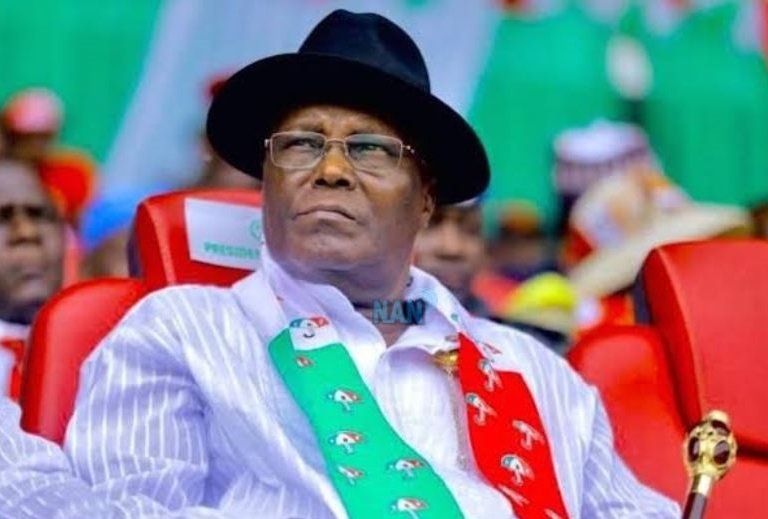Fumio Kishida, Japan’s unpopular Prime Minister, is set to resign after announcing on Wednesday that he will not seek re-election as party chairman.
The ruling Liberal Democratic Party, which has governed virtually continuously since 1945, is set to stage a leadership contest next month, with the winner becoming prime minister.
“In this (party) presidential election, it is necessary to show the people that the LDP is changing and the party is a new LDP,” Kishida told reporters in Tokyo.
“For this, transparent and open elections and free and vigorous debate are important. The most obvious first step to show that the LDP will change is for me to step aside,” he said.
Kishida, 67, who has been in power since October 2021, has seen his and his party’s poll ratings plummet in reaction to rising costs that have hurt Japanese incomes as well as multiple scandals.
In November, Kishida unveiled a 17 trillion yen stimulus program (more than $100 billion at the time) in an attempt to alleviate inflationary pressures and save his premiership.
However, this did not make him any less unpopular, both with voters in the world’s fourth-largest economy and inside his own party.
Along with inflation, which is an unexpected and unwanted phenomenon for Japanese voters, GDP has slowed, falling by 0.7 percent in the first quarter.
Despite a recent recovery, the yen has been one of the world’s worst-performing currencies, making life easier for exporters while raising import prices.
Kishida could theoretically lead until 2025, and there has been speculation that he may call a snap poll to strengthen his power.
However, NHK noted that growing voices inside the LDP feared it would perform poorly in elections under Kishida.
In April, the party lost three byelections. Kishida, who almost avoided a pipe-bomb attempt last year, has also come under fire for a massive kickbacks scandal involving fundraising events.
Kishida chose to jump because he anticipated he would lose the leadership contest, according to Koichi Nakano, a political science professor at Sophia University.
“He has failed to close ranks within the LDP,” Nakano told AFP.
But he added: “For an LDP leader, staying in power for three years is longer than the average.”
Before Wednesday, numerous figures were mentioned in local media as potential challenges to Kishida, including digital minister Taro Kono and economic security minister Sanae Takaichi.
According to the Yomiuri Shimbun newspaper, some LDP members are optimistic about Shigeru Ishiba, the party’s former second-in-command, and Shinjiro Koizumi, the former environment minister and son of former Prime Minister Junichiro Koizumi.











